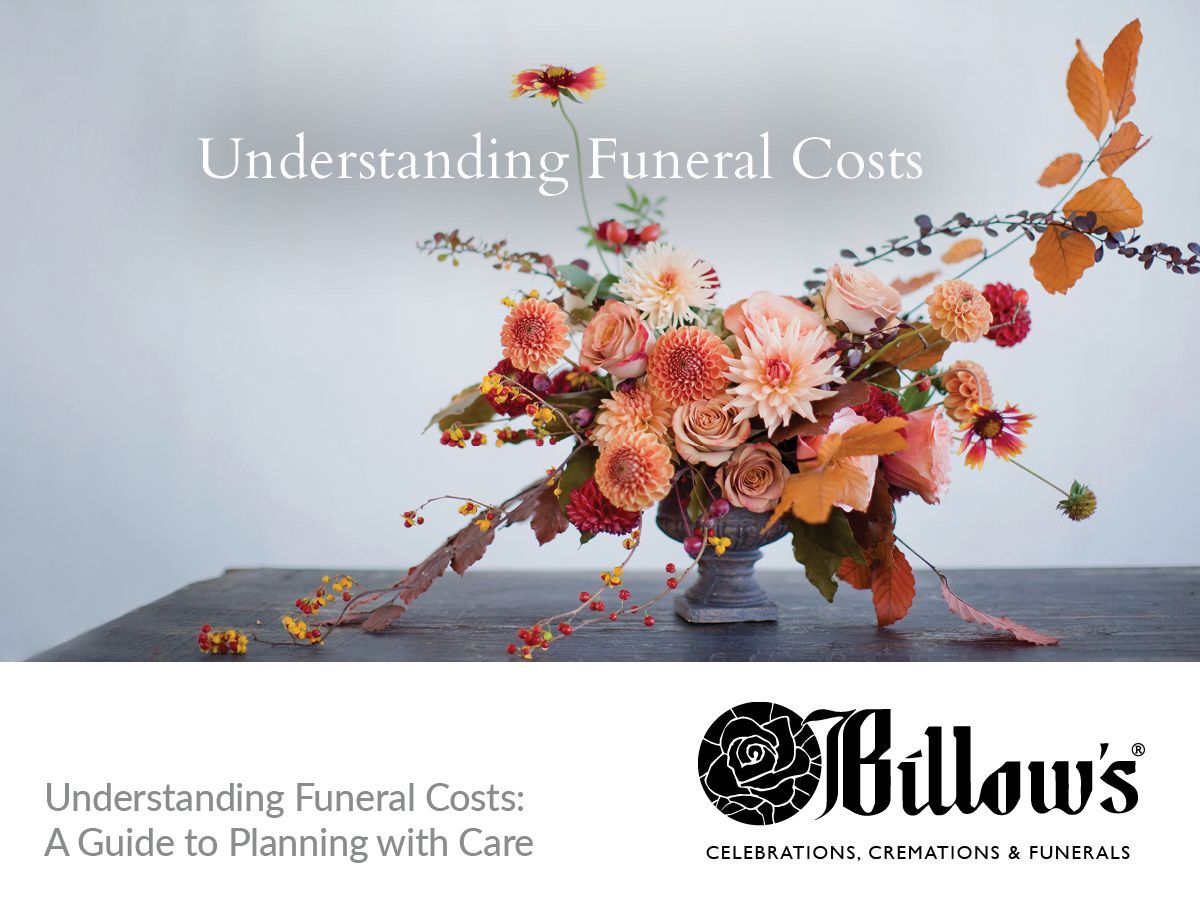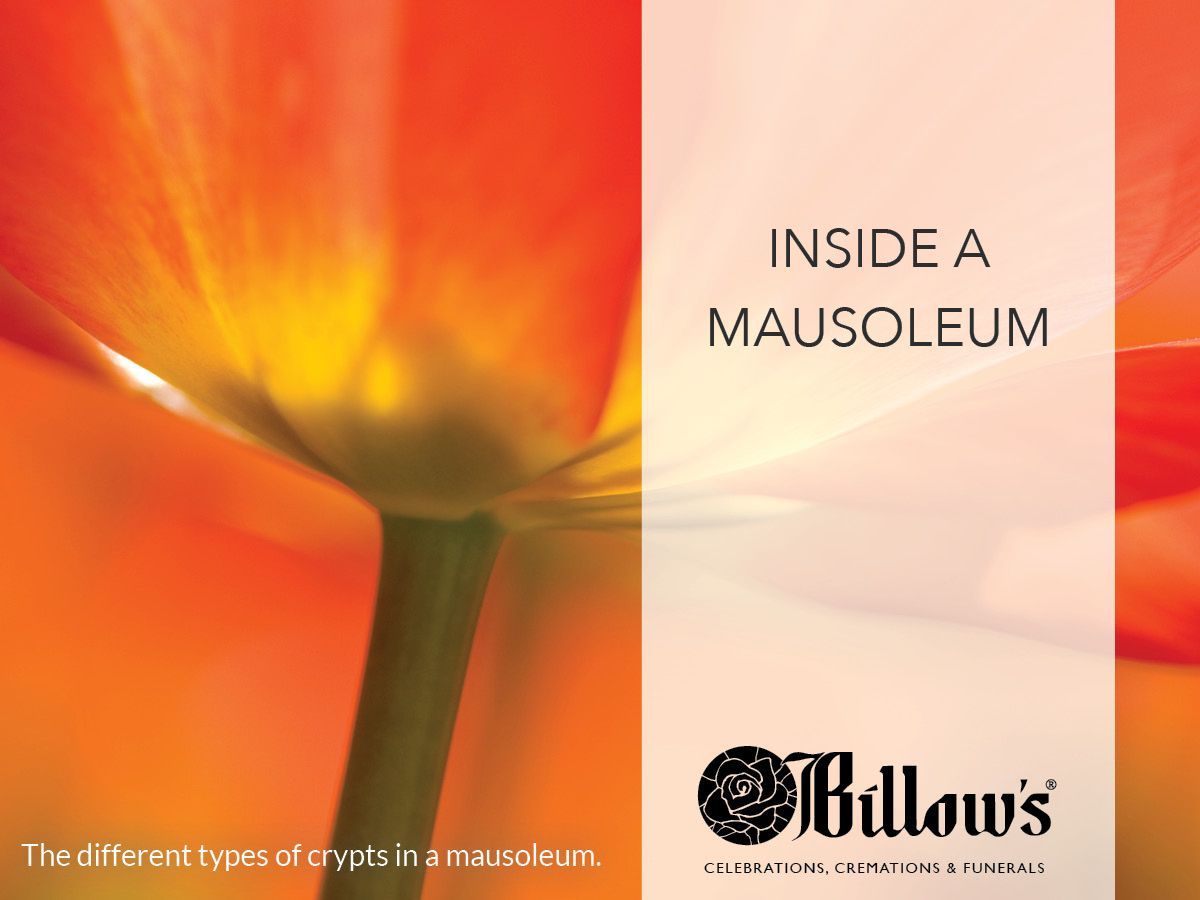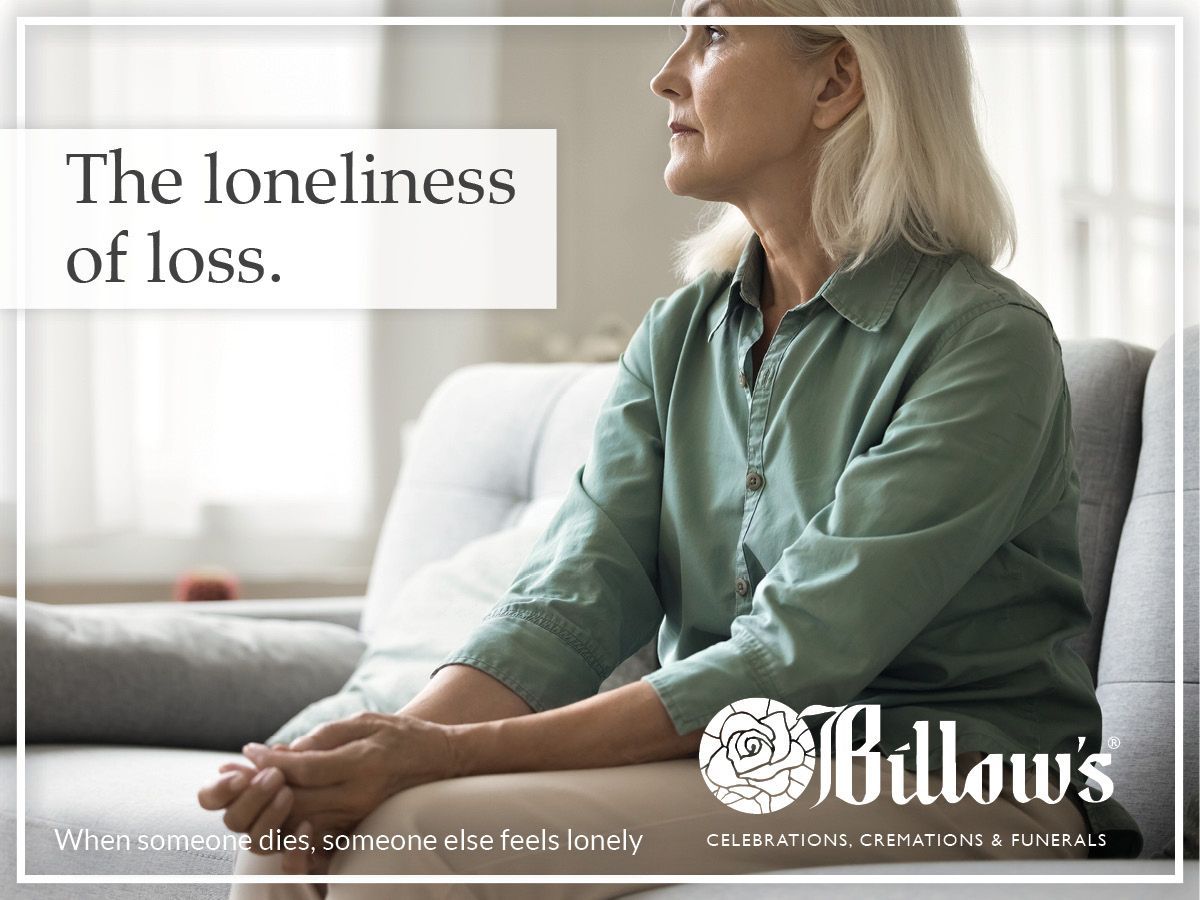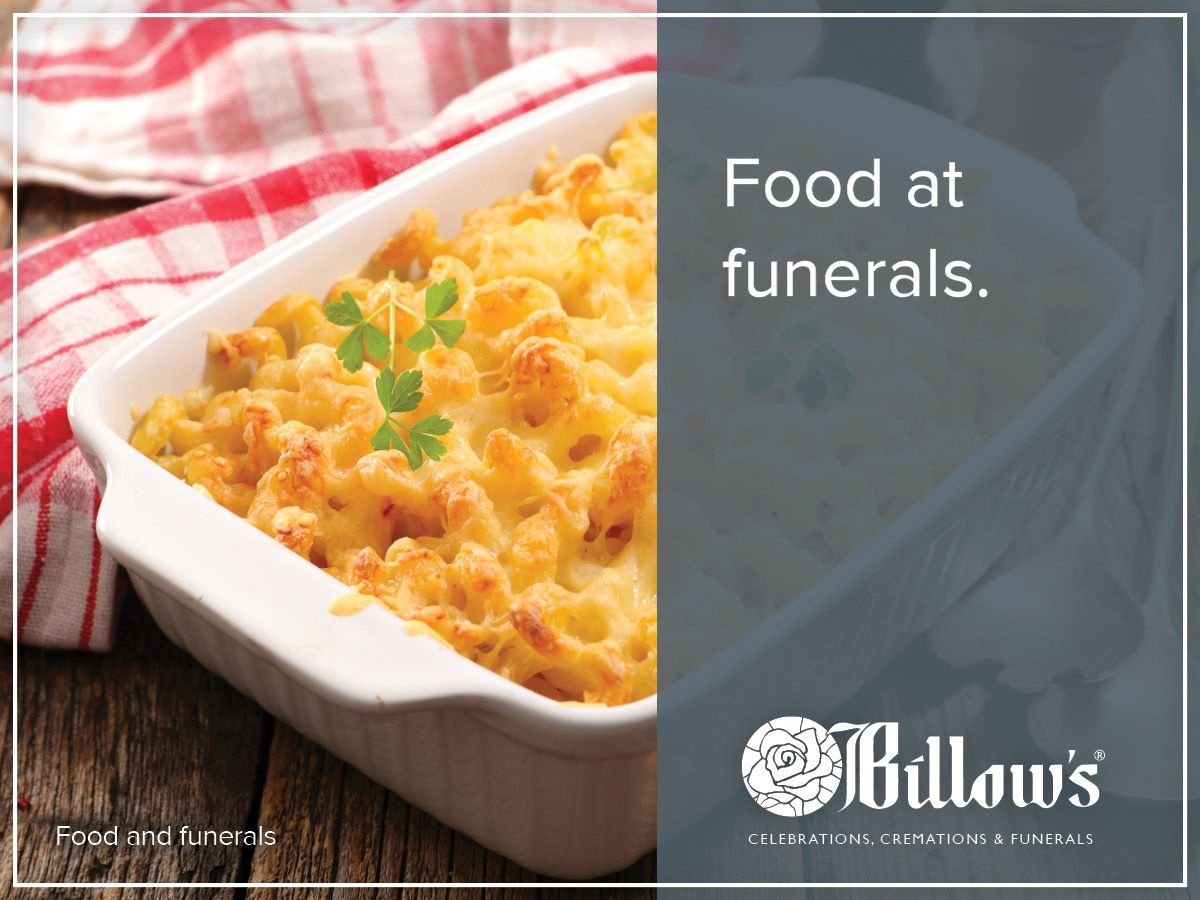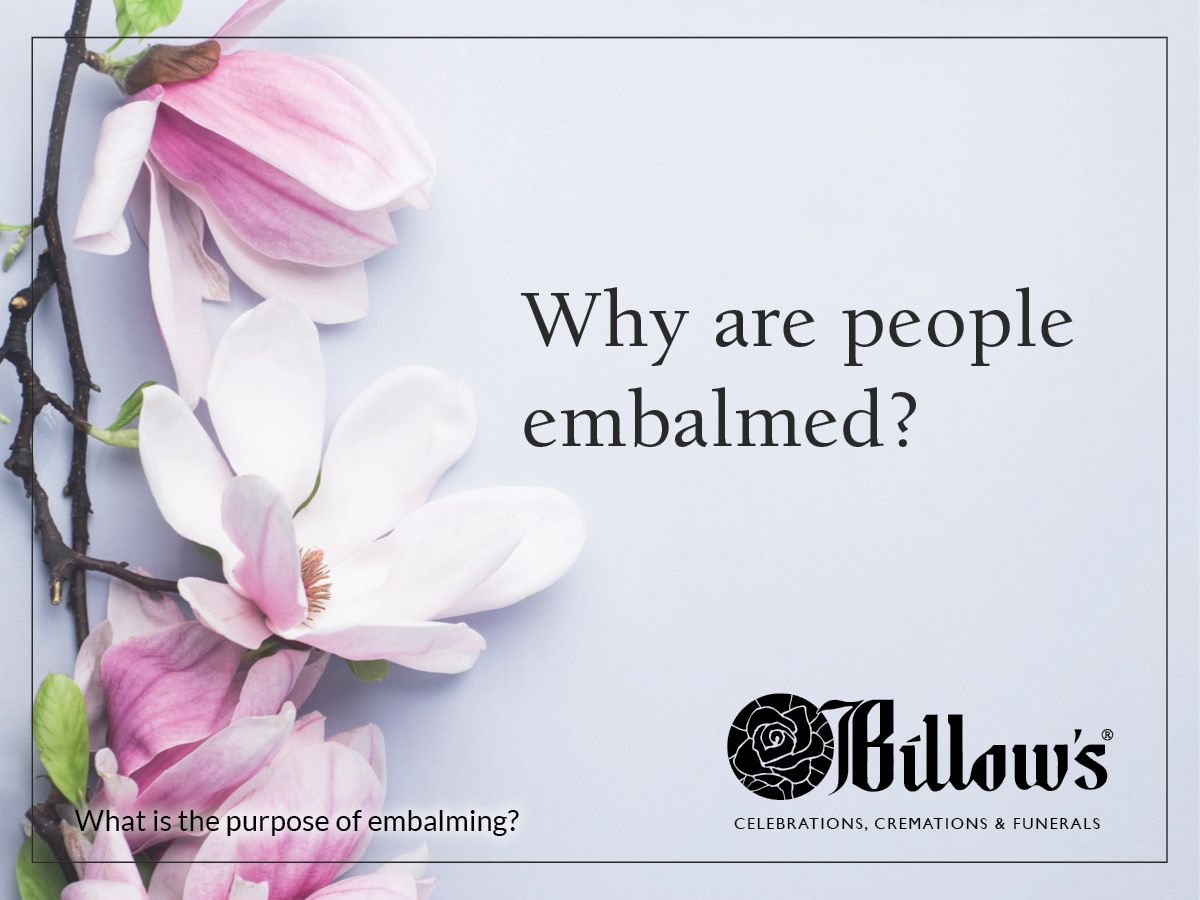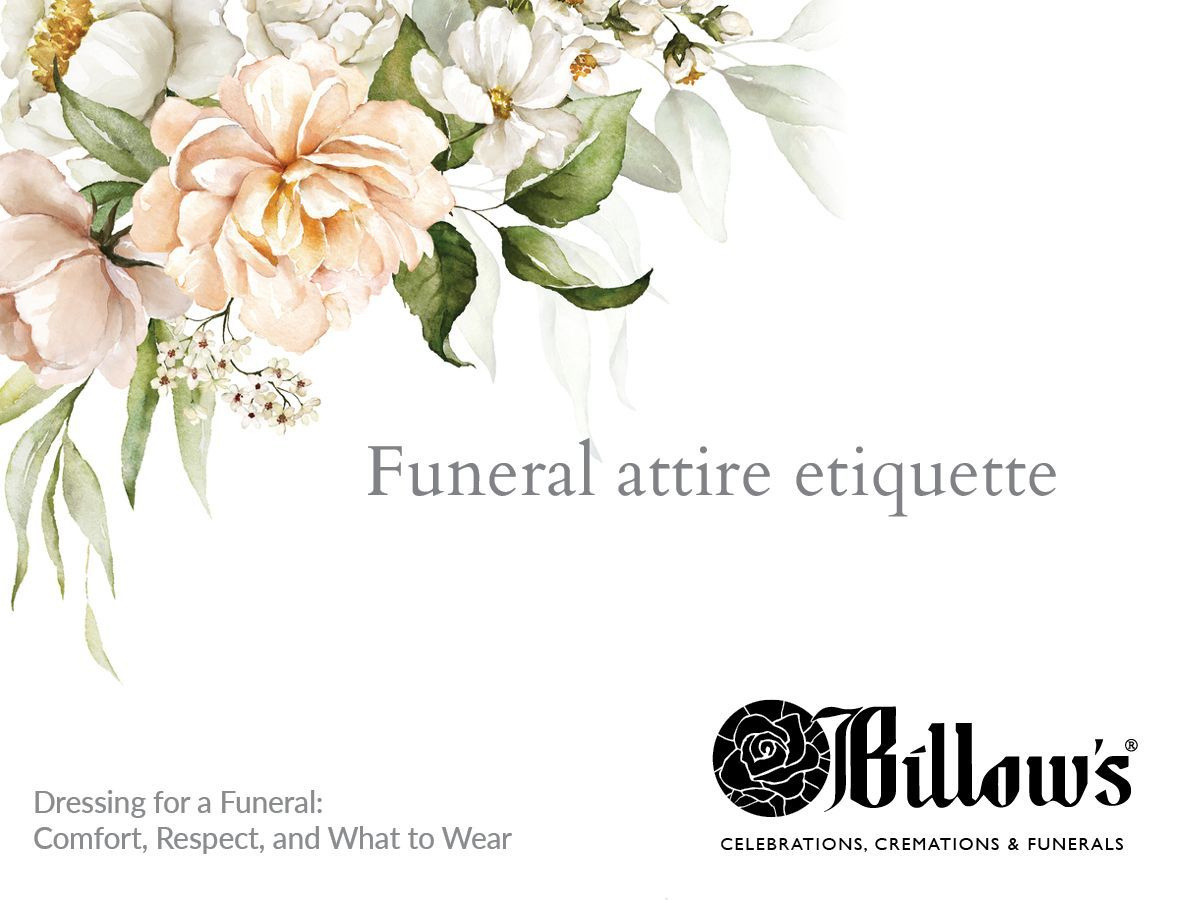Embracing Family in Funeral Planning
When it comes time to say goodbye to a loved one, the focus of the funeral often naturally falls on the family. It's the people who loved and knew the deceased best—spouses, children, grandchildren, friends, and even coworkers—who come together to remember and honor their life. After all, a funeral serves primarily those who survive; it is a rite that helps us shift our focus from the circumstances of death to celebrating the life that was lived.
Personalizing the Planning Process
Understanding that a funeral is not just for the deceased but for the comfort of the survivors can profoundly shape how we approach planning these important ceremonies. If you're contemplating your own future arrangements, start by considering what would bring comfort and solace to those you will leave behind. What memories would make them smile? How can your life's story best be told in a way that honors your relationships and the shared experiences that meant so much?
Involving your family from the outset is not just practical but essential. Each family member may have a unique memory or perspective that can contribute to a more personalized and meaningful service. Whether planning ahead for yourself or arranging a service for a loved one who has passed, engaging everyone in the conversation can lead to a beautiful, collective tribute.
Reflecting Unique Personalities in Services
For those planning a service after a loss, consider incorporating the memories and voices of all who were close to the deceased. Children and grandchildren, in particular, can provide poignant insights and memories that celebrate the unique personality of your loved one. Don't hesitate to ask your funeral director for creative ideas to help reflect these personal elements in the ceremony.
It used to be that funeral planning began with questions about the deceased's faith or their specific wishes, and while these are still important, they shouldn't overshadow the needs of the living. For example, if tradition suggests a closed casket but you need a moment to say goodbye, it's okay to speak up. Or, if you'd prefer a eulogy that focuses more on life stories than religious elements, that should be embraced too.
The Lasting Impact of Thoughtful Planning
The impressions made by a funeral are lasting, often forming the final memories that survivors carry forward. This makes it all the more crucial to craft an experience that resonates with and comforts those who are grieving. This doesn't mean every detail needs to be solemn—photographs, favorite songs, and even lighter moments can all play a part in the celebration of life.
In essence, making family the cornerstone of funeral planning not only ensures that the arrangements reflect the true spirit of the deceased but also fortifies the bonds among those who remain. It’s about creating a moment in time where the family can mourn, reflect, and begin to heal together. As you plan, remember that these decisions are about more than just logistics; they're a testament to a life well-lived and the impact it had on others. Thus, whether you're pre-planning your own service or organizing one for someone dear, let compassion, love, and shared memories guide you.


